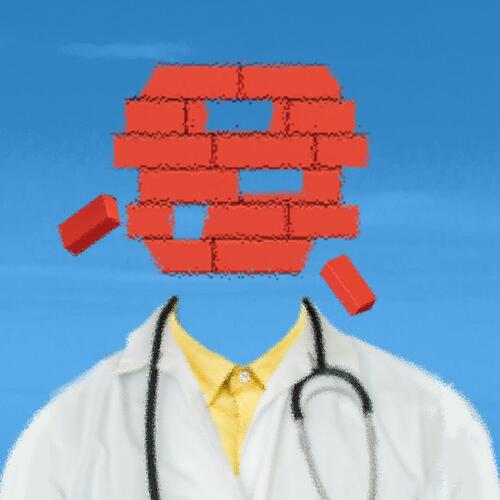
Over the past year, ordinary medical research nearly ground to a halt as researchers focused on coronavirus vaccine trials and treatments. Single-mindedness paid off. Drugmakers developed lifesaving vaccines in record time, and now a third of Americans are at least partially vaccinated.
But ultimately, the pandemic is a once-in-a-century crisis that may force health professionals and medical schools to look beyond the traditional tools of modern medicine and think more broadly about how we train doctors to grapple with public health catastrophes.
There were signs of a reckoning at the very start of the pandemic. When Covid-19 hit the Northeast, the Yale School of Medicine moved classes online and pulled many students off clinical rotations. “The dean sent an email that said, go home, take this time to study,” Max Jordan Nguemeni Tiako, a Yale medical student, told me. “I thought, oh my God, I can’t imagine studying for an exam right now.” Mr. Tiako and a small number of the faculty and students worked together to create new courses that students could take instead, including an intriguing elective called “Covid-19: A History of the Present.”
The class — convened over Zoom, of course — gave the 65 students who signed up an opportunity to document and analyze their pandemic experiences. Some were helping friends and family sift through unreliable medical information; others were caring for children or volunteering in underserved communities in New Haven. But the course was also a beachhead for the medical humanities, a broad field that includes disciplines ranging from philosophy and history to visual art, creative writing and film. The medical humanities focus on a question: “What does it mean to make a healer, to train people who can attend to suffering?” Joanna Radin, a Yale historian who helped teach the new class, told me.
The course was “a pilot project to demonstrate that the humanities are an essential part of what a medical education should be — not just a luxury, but foundational,” Dr. Radin said. One student wrote her final essay on the practice of Judaism during the pandemic. Another wrote a short story about working as a contact tracer in New Haven. Some took photos or made short videos. It’s true that none of these projects saved Covid patients dying of respiratory failure. But in the long run, the pandemic may give proponents of the humanities an unexpected opening to change the way we train doctors and think about health care.
Click here to read the full article.